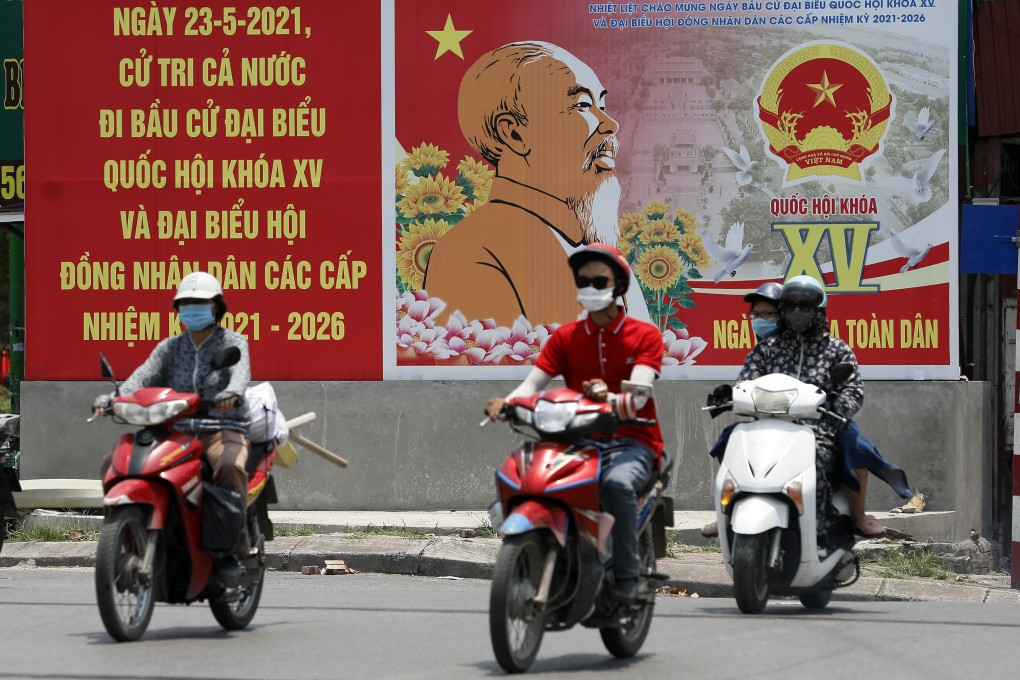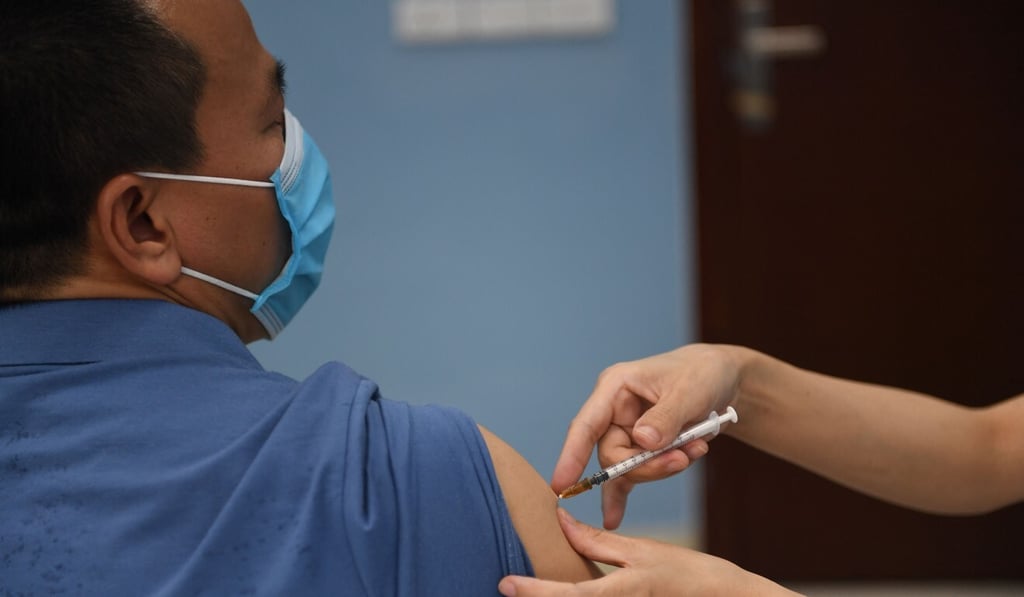Advertisement
Opinion | Vietnam may not want China’s Covid-19 vaccines, but how long can it stay immune to them?
- Surging case numbers, dismal vaccination rates, and new waves of more transmissible variants have made the need for shots in arms all the more dire
- But accepting Chinese vaccines poses its own problem for the government: how to talk an increasingly anti-China audience at home into taking them?
Reading Time:4 minutes
Why you can trust SCMP
69

When it comes to Beijing’s vaccine diplomacy campaign, received to much fanfare across most of Southeast Asia, Hanoi has stood out as an outlier. But the question of how long Vietnam can afford to remain immune to Chinese shots has never been more vexing for the authorities.
Surging Covid-19 case numbers, dismal vaccination rates, and new waves of deadlier or more transmissible variants have made the need for shots in arms all the more dire in a country where no local infections had been reported for a month before the recent sudden rise in cases. Since late April, Vietnam has logged more than 1,600 confirmed cases, including two deaths, from different clusters that have spread to 28 cities and provinces.
Data compiled by YouGov, a British data analytics firm, shows that around 83 per cent of Vietnamese polled between January and May said they would be willing to take a Covid-19 vaccine. But according to the University of Oxford’s Our World in Data project, only 1 per cent of Vietnam’s nearly 100 million population have been inoculated so far, the lowest vaccination rate in Southeast Asia after East Timor.

To date, Vietnam has finalised deals to acquire a total of 110 million vaccine doses made by Pfizer-BioNTech and AstraZeneca, some of them through the World Health Organization’s Covax Facility vaccine-sharing initiative. Its four home-grown shots, which are under development, are not expected to be available until the fourth quarter of this year.
Against this backdrop, several major questions emerge: will all the promised deals materialise fast enough? What if shipments hit a speed bump? And perhaps most importantly, if all else fails, is Vietnam going to bite the bullet and accept vaccines from China?
Advertisement
.JPG?itok=nq_vQfSn&v=1735769975)